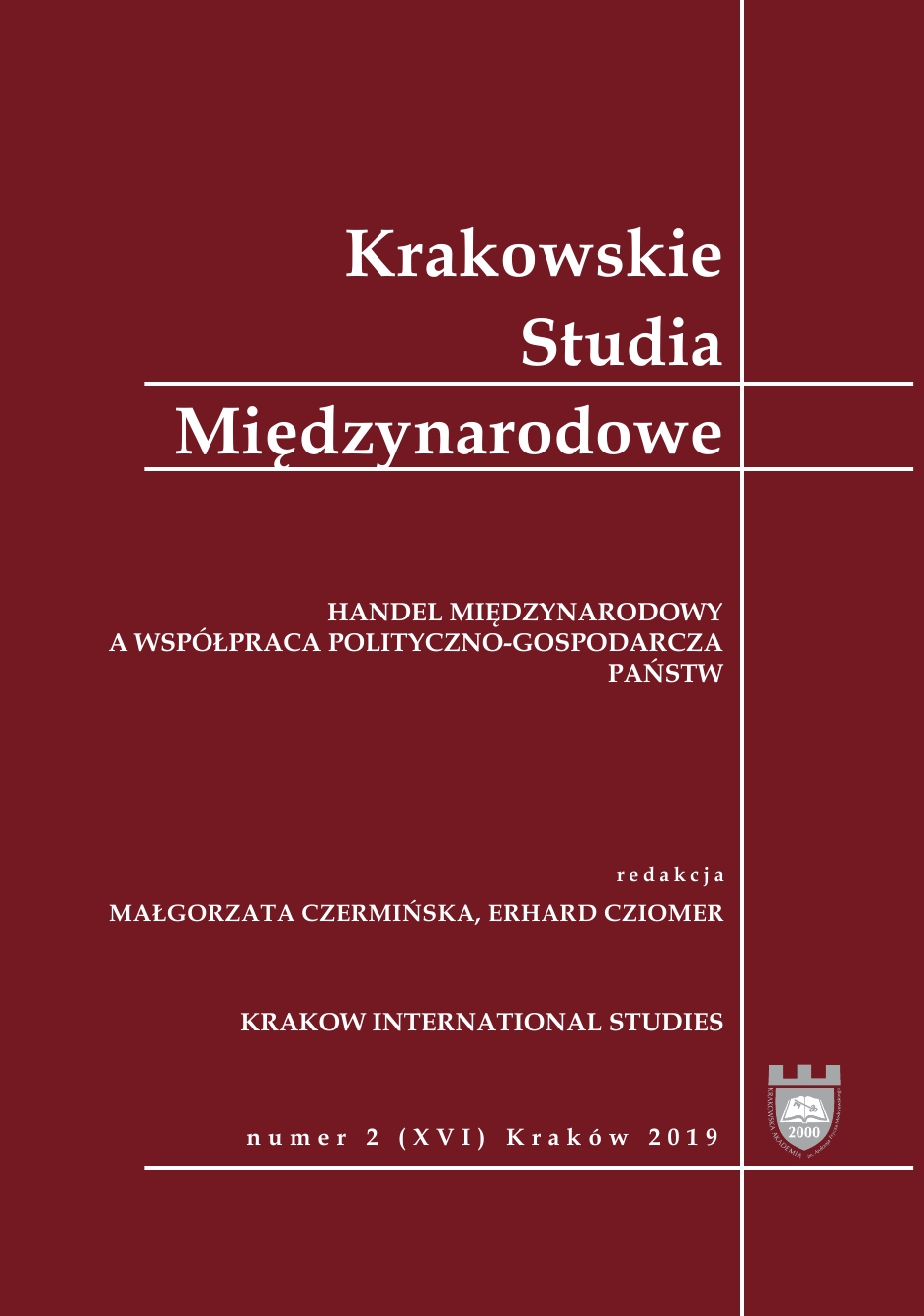W kierunku nowoczesnej organizacji – reforma instytucjonalna administracji celnej w Polsce
Towards Modern Organization – the Institutional Reform of the Customs Administration in Poland
Author(s): Jowita ŚwierczyńskaSubject(s): Public Administration, International relations/trade, Management and complex organizations
Published by: Oficyna Wydawnicza KA AFM
Keywords: National Revenue Administration; customs administration; the institutional reform; modern organization;
Summary/Abstract: On 1 March 2017, the Customs Service, which had operated since 1990, became part of the new model of the integrated public administration, i.e. the National Revenue Administration. The aim of the article is to analyze the organizational framework of the customs administration in Poland, to identify reasons for the institutional reform as well as to indicate courses of action of the future policies of the new model of the customs and fi scal administration. The research hypothesis has been as follows: the customs administration in Poland cannot be static against the challenges of the 21st century – the quality of operations, being the fundamental quality of any organization, a characteristic of any system and process, is in need of re-ordering of the entire area related to the management of customs and tax agencies as well as creating modern organization. The research problem that has been posed concerns the transformation of the customs administration in Poland – what reasons, predominantly in the organizational perspective, led to the introduced changes and whether these changes brought a positive outcome in the form of creating a new and effective organizational model. The research has employed descriptive analysis, preceded by a review of the subject literature and the secondary legislation. The structure of the article encompasses three parts and a summary. The first section presents the development of the customs administration after World War 2, the second part concerns the reasons for and the implementation of the institutional reform, the third indicates the courses of action and development of the National Revenue Administration. The summary presents conclusions that have been drawn from the deliberations contained within the article.
Journal: Krakowskie Studia Międzynarodowe
- Issue Year: XVI/2019
- Issue No: 2
- Page Range: 249-269
- Page Count: 22
- Language: Polish

